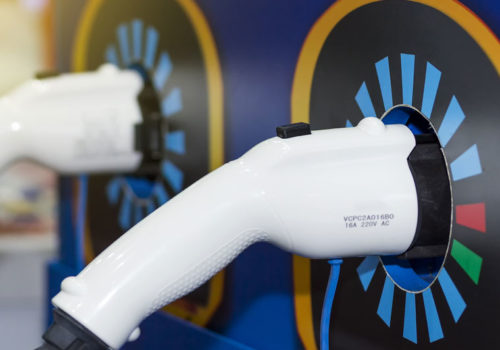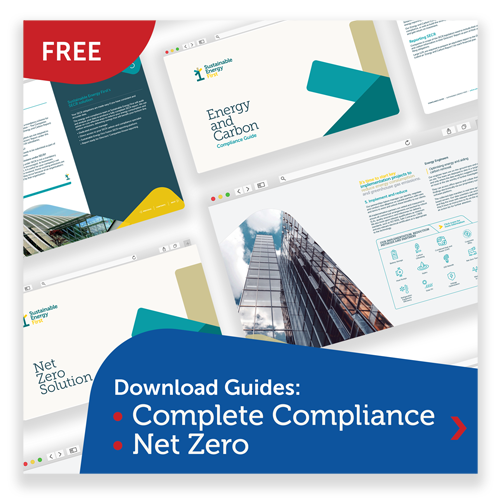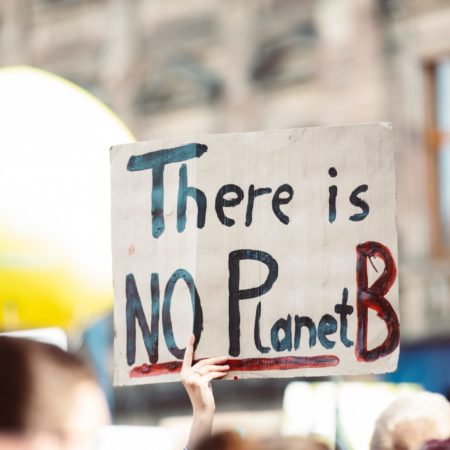Large companies are guiding suppliers on addressing emissions; while rather than simply divesting, investors are helping their portfolios green up. What does it all mean?
In recent news, developer Grosvenor is pioneering a net zero mentoring programme to take its supply chain along the path to zero carbon.
Some 38 contractors, suppliers and consultants will start the free mentoring programme. It has been designed to help firms with less than 500 employees map and reduce their own carbon footprint, allowing Grosvenor to hit its own targets.
Grosvenor isn’t alone on upping the ante across net zero and the contributions down the supply chain. In its recent climate targets statement, chemical giant BASF said both customers and suppliers are eager to reduce the carbon footprint of their products to reach their own emission goals, of course helping BASF therein.
‘For this, a new level of transparency is required,’ said the company. ‘BASF has developed an in-house digital solution to calculate the [carbon footprint] for approximately 45,000 products.
‘In this tool, BASF currently has to use industrial averages and values from commercial databases as the basis to include upstream Scope 3 emissions. In order to create more transparency on Scope 3, BASF is working intensively with suppliers to improve the data for the raw materials it purchases from them. BASF supports suppliers by sharing knowledge of evaluation and calculation methods.’
Right now, sadly, it’s an imperfect world. Averages are commonplace and metrics remain inexact. Scope 3 is hard work and cooperation between parent companies and suppliers is essential. But the good news is mentoring right down the supply chain is now a net zero reality, with major potential wins.
What about the investment side?
The other people poised to control emissions and Scope 3 via divestment are the big banks, green lenders and investment houses.
Writing for Forbes, Ramachander Raja, Global Head of Finance, GEP, argues that to battle the effects of climate change, CFOs must go far beyond reporting on the environmental impact of their own operations.
“The expectation that companies are directly responsible for the impact of their global supply chain is growing. Investors are actively seeking out companies with strong ESG credentials. In fact, according to a 2020 International Institute for Sustainable Development report, between 2014 and 2019, sustainable investing in developed countries rose 68 per cent to reach $30.7 trillion in assets under management.
“New legislation, such as the newly enacted German Supply Chain Due Diligence Act (GSCA), has begun to hold organisations legally accountable for managing their suppliers, and their suppliers’ suppliers, environmental activities,” writes Raja.
CFOs need to immerse themselves in the environmental impact of their organisation’s global supply chain, advises Raja. “Partner with them to identify synergistic opportunities and prioritise the specific areas that your organisation and suppliers want to focus on first—whether it’s sourcing cleaner energy, cutting waste, reducing water consumption, recycling plastics.”
All of this, of course, sits ideally within Scope 3 and Raja’s point is that investors who are smart are seeking out firms that do this work willingly, in tandem with law making them do so. Which brings us to another thorny issue; reporting.
Proving the good
Investors, parent companies; all rely on reporting to prove supply chain work towards net zero is being done right.
At the end of March the IFRS Foundation and Global Reporting Initiative (GRI) announced a collaboration under which their respective standard setting boards, the International Sustainability Standards Board (ISSB) and the Global Sustainability Standards Board (GSSB), will coordinate their work.
What’s key is that the agreement reflects the importance of compatibility between investor-focused sustainability information that meets the needs of the capital markets, plus information intended to serve the needs of a broader range of stakeholders.
Eelco van der Enden, Chief Executive Officer of GRI, said: “The MoU between GRI and the IFRS Foundation is a strong signal to capital markets and society that a comprehensive reporting system, which combines financial and impact materiality for sustainability reporting, is possible on a global scale.
“Aligning GRI’s established and widely adopted standards for sustainability impacts with the investor-focused standards being developed by the ISSB will benefit both companies and investors, as well as a wide range of stakeholders around the world.”
The icing on the Scope 3 cake
What appears to be happening is a cross alignment on net zero. At the top, the standards agencies are developing new reporting that works better across both supply chain, parent firms and investors.
Mid level, corporates like BASF or Grosvenor are taking much more diligence across Scope 3 and supply/value chain, and one would guess they will be looking to use standards similar to those in the GRI announcement.
Then, we have the SMEs who are part of the bigger supply networks, getting a helping hand from more powerfully resourced partners to green internally towards net zero, whose Scope 3 impacts therefore help the big hitters do better.
Call it net zero mentoring, call it what you will. It’s about real-world partnerships that deliver action, not just rhetoric.























